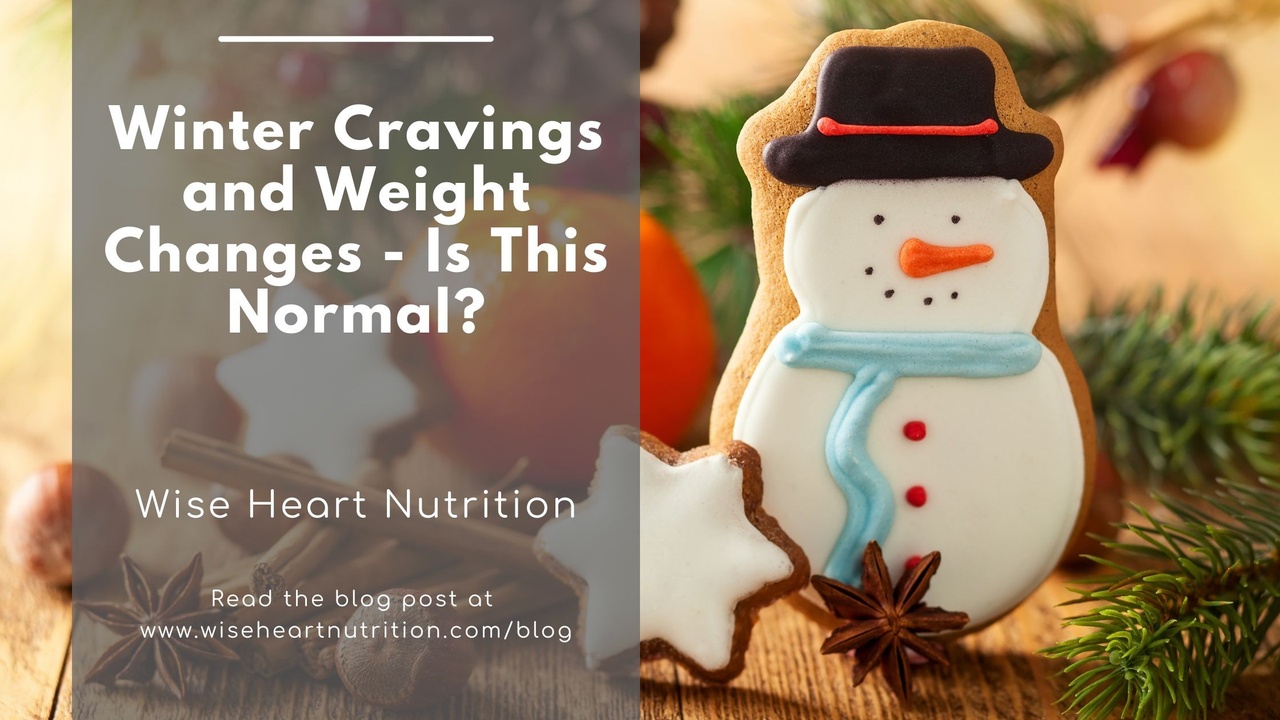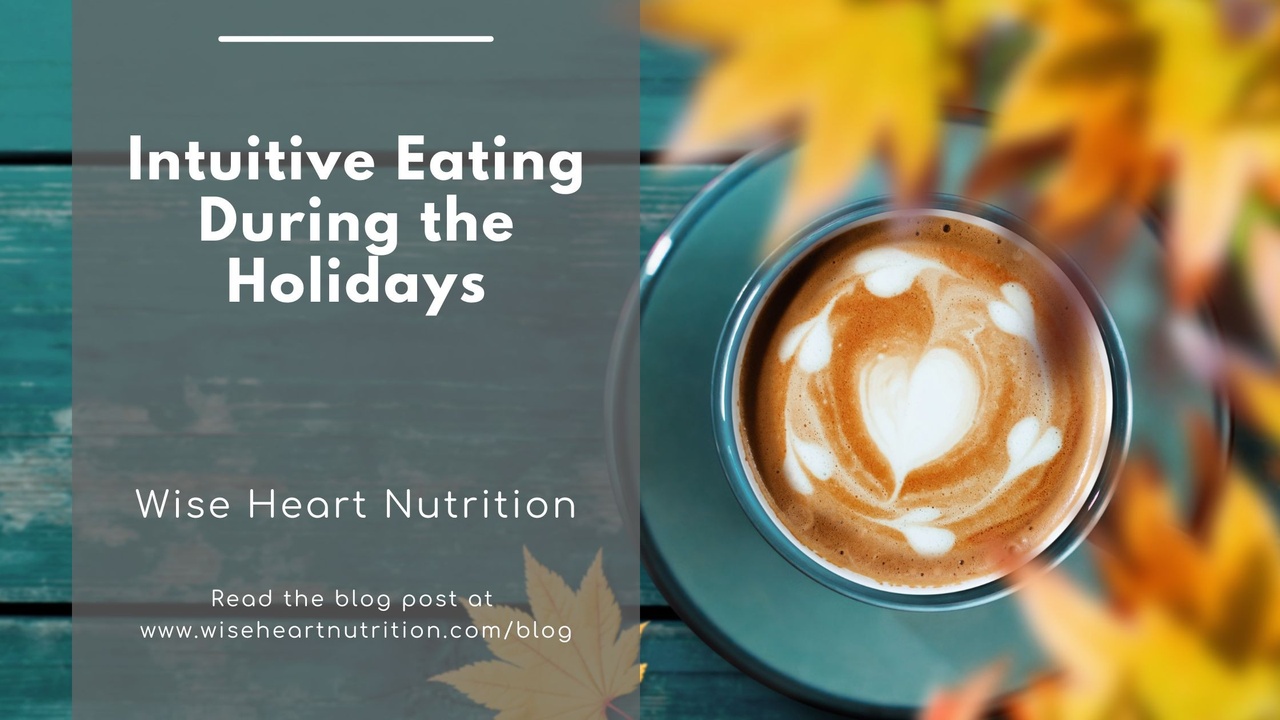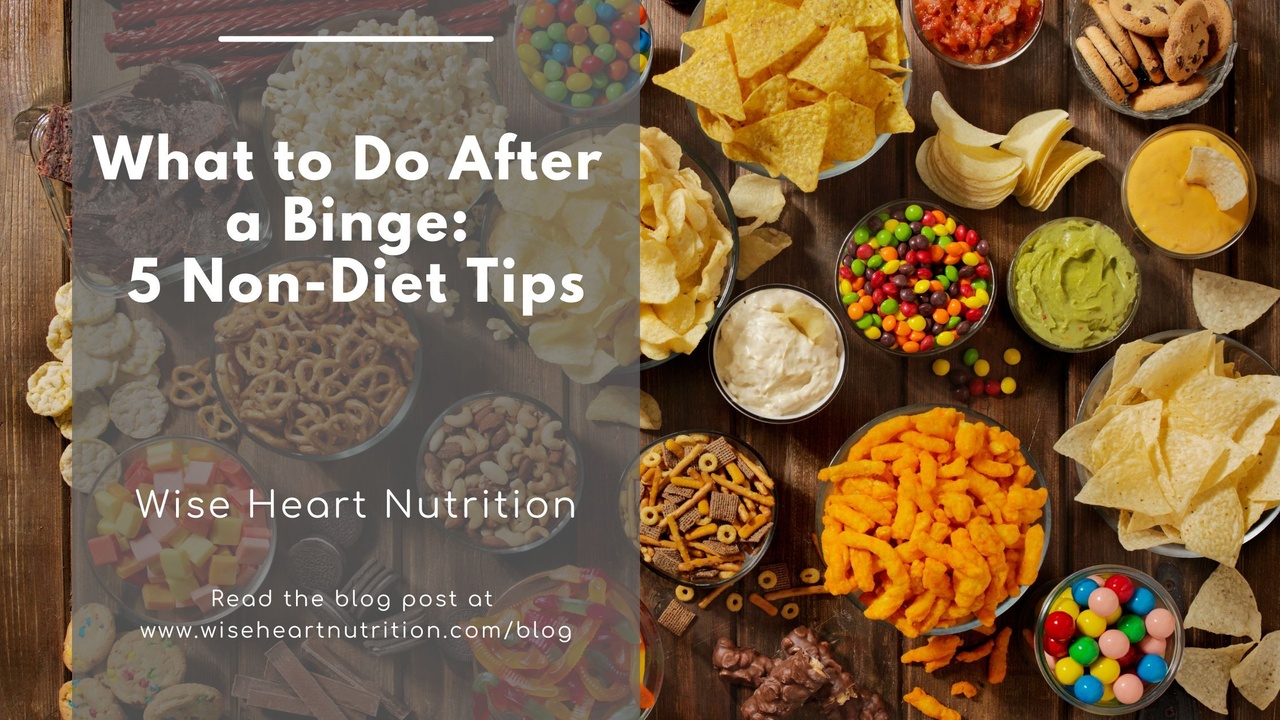Wise Heart Nutrition Blog:
All Things Anti-Diet, Intuitive Eating, and ADHD
Why ADHDers Eat When They’re Not Hungry (and Why It’s Not a Problem to Fix)

Have you ever caught yourself standing in front of the fridge, nibbling on snacks even though you don’t feel physically hungry? If you have ADHD, this might sound very familiar.
The truth is, eating when you’re “not hungry” isn’t about lack of willpower or being “out of control” with food, despite what diet culture would like you to believe. In reality, your brain and body are trying to meet very real needs. Sometimes that need is actual hunger, but it can also be about other things that our body and brain are needing.
When we zoom out, we can see that ADHDers often experience a few different “flavors” of eating. These patterns can overlap, shift, and show up differently depending on the day, and none of them are wrong. In fact, they’re forms of self-care.
Let’s break down the three most common ones:
✨ Dopamine Eating
ADHD brains have lower baseline levels of dopamine (and fewer transporters to help that dopamine activate the reward center of the brain), the neurotransmitter...
Why Does Eating For Pleasure Matter So Much?

Whether you're a newcomer to intuitive eating or a seasoned vet, pleasure in food can sometimes still feel like a dirty word. Allowing and enjoying pleasure in your eating experience goes against everything diet culture stands for, like self-control, denial of pleasure, and avoidance of "bad" foods.
The intuitive eating principles describe pleasure in food as one of the most basic and important factors in feeling satisfied or content with food. So eating for pleasure is important, and in this blog, we'll answer 4 questions about food/eating and PLEASURE.
What are some of the psychological health benefits associated with food enjoyment?
- Pleasure of any kind (including pleasure from food) leads to a release of dopamine (a neurotransmitter) in the brain. Dopamine is often referred to as the “feel good chemical” because it activates the reward pathways in the brain, which helps to promote happiness, calmness, motivation, and focus.
- Thanks to diet culture, a big part of dis...
Is it Normal for My Weight and Cravings to Change in Winter?

Daylight Saving Time has just ended (ugh), and the days are getting much shorter, much darker, and much colder. In the words of some famous show - winter is coming.
Have you ever noticed changes in your food cravings or shifts in your body weight with the seasons? Like, how a bowl of hot tomato soup and grilled cheese sounds way more appealing than watermelon and salad in the winter. Or how clothing might fit differently from summer to winter? Let’s explore why and how cravings and weight can fluctuate in the winter - and the big question, is that normal?
The general answer to that question is - yes, this is normal! We crave different foods, and our bodies may go through subtle (and even not so subtle) changes during the winter months. There are a few reasons for all of this, including (but not limited to) traditional seasonality, thermic response, and psychological shifts during this time of year.
Below, we break down these 3 explanations of how and why winter can im...
5 Tips for Maintaining a Healthy Relationship with Food During the Holidays

Spooky season is already upon us, which means the holidays are here! But, what we are told is the “most wonderful time of the year” can often feel like the most stressful time of the year. We are bombarded with events centered on food, more social commitments, being around family, and surrounded by expectations to be in a “festive mood”, spend money, and listen to non-stop holiday music. And with all of these variables (and more) contributing to stress, comes anxiety, which can manifest in our relationship with food.
I wish I could tell you that the spirit of the holiday season would magically make it easy to maintain the healthy relationship with food that you have been working towards. Wouldn’t that be nice?
Despite all this doom and gloom (it is halloween, after all), you CAN navigate the holidays, eat intuitively, AND maintain a healthy relationship with food. Here are 5 tips to thrive during the holidays and preserve the relationship you have built with food and body!...
What to Do After a Binge: 5 Non-Diet Tips

So, you've just experienced a binge eating episode... What do you do now?
Many individuals, (especially ADHDers and folx with a history of dieting) struggle with binge or compulsive eating, and more often than not, the binge eating is automatically seen as the "problem" to be fixed. This often results in deprivation and restriction to "make up for overeating", which then leads to more binge eating. In addition, beliefs about not having "enough willpower" or "discipline", as well as guilt and shame, often show up after or during a binge due to our society creating the myth that you should, or even can, have control over food. Binge eating, negative emotions, and restriction often spirals into a vicious cycle, which can feel impossible to break.
The cycle (see graphic below) has several stages: the binge, the sense of emotional relief or numbness, the thoughts and feelings that follow, the planning, the disruption to the plan, and then back to the binge. Diet culture has taught us ...
Is it Ok to Use Food to Cope with Emotion?

By Rebecca Hambright MS, RDN - Wise Heart Nutrition Dietitian
Who decided that “emotional eating” is bad? I don’t know exactly where this rumor started (other than the obvious master-villains... anti-fatness and diet-culture), but I want to slap my flip phone closed (ultimate diss - duh) and be done with this shitty game of telephone.
Instead, let’s flip this narrative around. Intuitive eating principles guide us to “cope with our emotions with kindness”, which ultimately means developing a tool box of coping skills and choosing one to compassionately meet our emotional needs. Sometimes food is that coping skill. And that’s ok!!!
Food is something that can be readily accessible, so it is common for it to be used as a coping mechanism from an early age. If you weren’t given the tools or support to develop other coping skills, it makes sense that you would turn to what you had available in your home, and for some (but not all) of us, that was food. In addition, food is alre...
